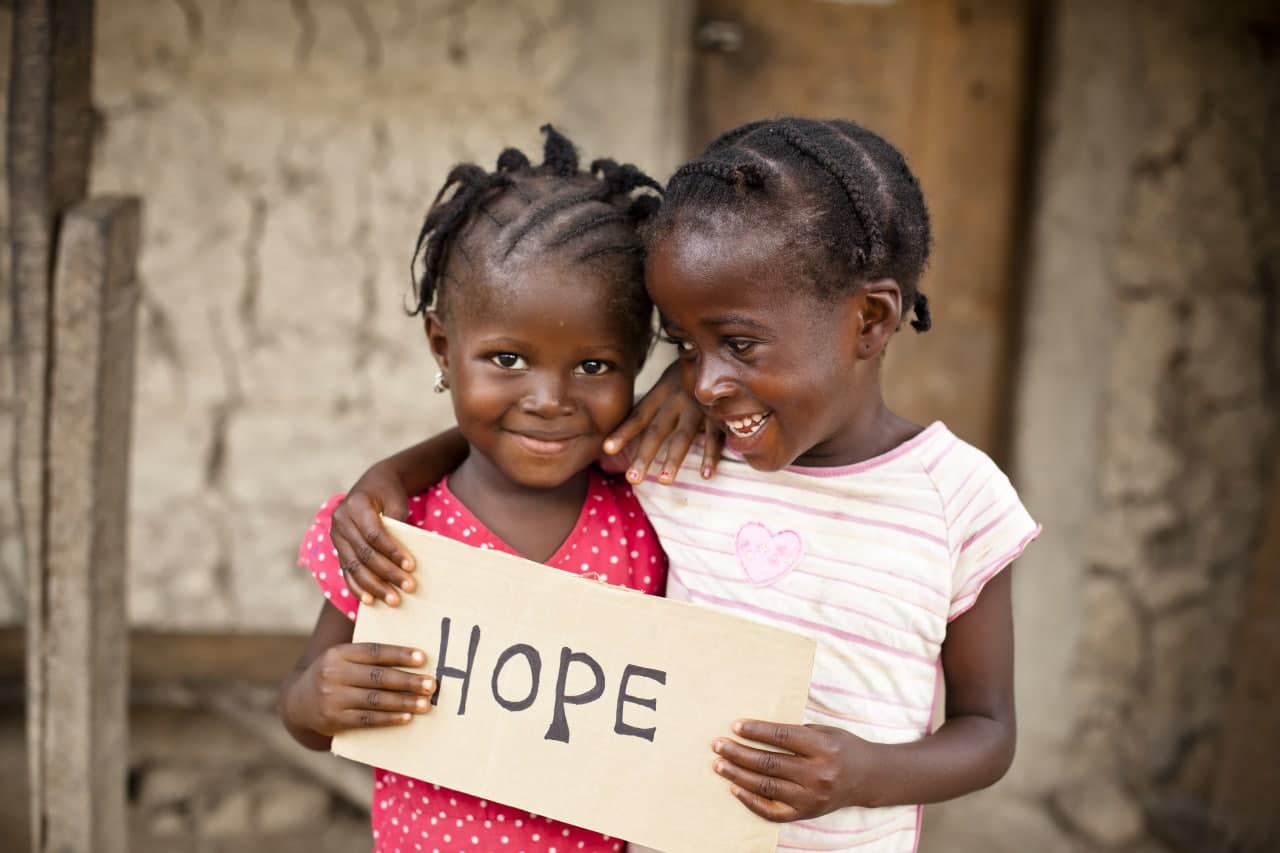Promoting foster care in Ghana: The role of Individuals, and Corporate Organisations
Isaac Yeboah Agyei

There have been several reports in Ghana on the abuse and negative effects of institutionalisation (keeping children in orphanages/children’s homes). If institutionalization is hazardous to the development of children, why are orphanages or children’s homes still popular in Ghana than foster care? One contributing factor is funding – predominantly from corporate organizations due to what Csáky (2009) described as “misconceived good intentions”. Misconceived good intentions is when donations to orphanages is perceived and accepted as best way to support vulnerable children. Mostly, individual donors and corporate organizations leverage on this public perception to flood children’s homes with donations of huge sums of money and items to gain a good corporate image. This funding culture of individual donors and corporate Ghana is a major disincentive to the implementation of a robust foster care system in Ghana. It leads to the commoditisation of children, where children are used to raise fund, contrary to the Children’s Act 560.
Another reality is that, there are more children and families in need of corporate funding than orphanages. This is buttressed by Cooke et a.,l (2016), who recorded that about 6.4 million Ghanaians are living in poverty, 3.65 million children, representing 28.3% of Ghanaian children are living in poverty and 1 out of every 10 children is living in poverty. The report further stated that, 1.2 million of Ghanaian children live in households that cannot cater for their basic needs. Meanwhiles, research indicates the cost of funding an orphanage or children’s home is three (3) times the cost of funding foster care and six (6) times the cost of supporting vulnerable families (Browne, 2009).
It is worth noting that, foster care cannot be promoted successfully without the support of other stakeholders like individual donors, professional bodies and associations, corporate organisations and non-for-profit organisations. This is because, foster carers are not paid by government or foster care agencies. It is purely voluntary as indicated by the Ministry of Gender, Children and Social Protection. Therefore, to encourage foster care in Ghana, corporate organizations and individuals should channel their corporate social responsibility to foster care.
Further, corporate organizations should support community and family-based care programs instead of institutions (children’s homes/orphanages) for effective and efficient utilization of their donations. This will give corporate organizations a better corporate image considering the numerous benefits of family-base care and long-term impact of such interventions. An example is the ‘Help A Christmas Child’ program of Citi FM and her corporate partners, which saw hundreds of children enjoy Christmas in their community. This event is a good indication of how corporate Ghana can collaborate to promote a better future for vulnerable children. ‘Help A Christmas Child’ is an annual Christmas event organized by Citi FM, a media organization in Ghana, and its corporate partners in support of children and families in vulnerable and poor communities.
To conclude, institutional care continues to dominate in Ghana despite the introduction of Formal foster care, due to corporate organizations and individual donors’ continuous funding to institutions (children’s homes). It is believed that, if corporate institutions focus on channelling their resources to support other family-based care options like foster care, it will go a long way to help Ghana build a robust foster care system.